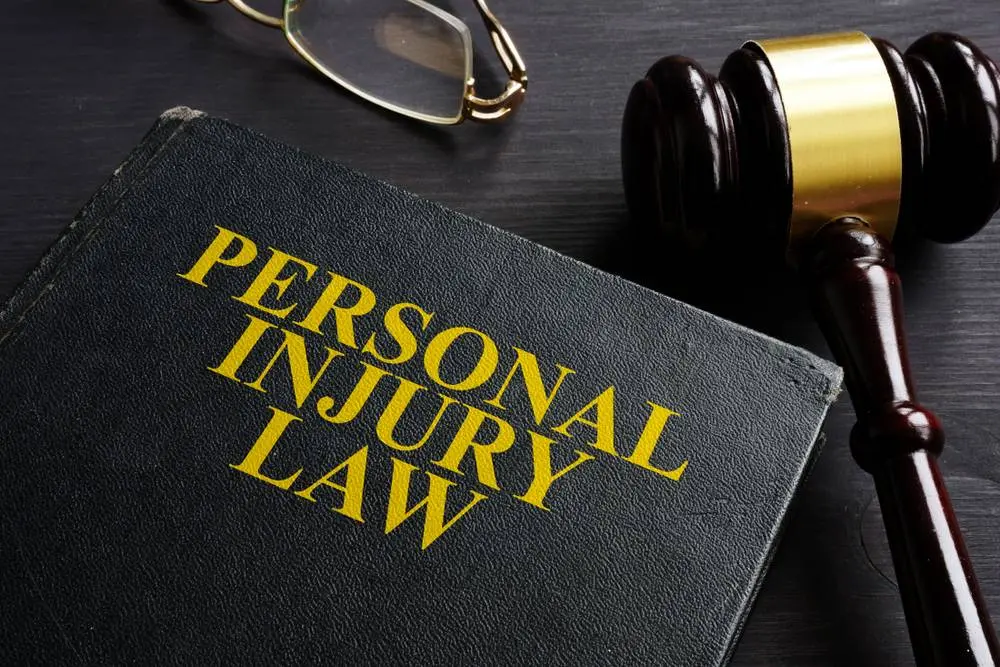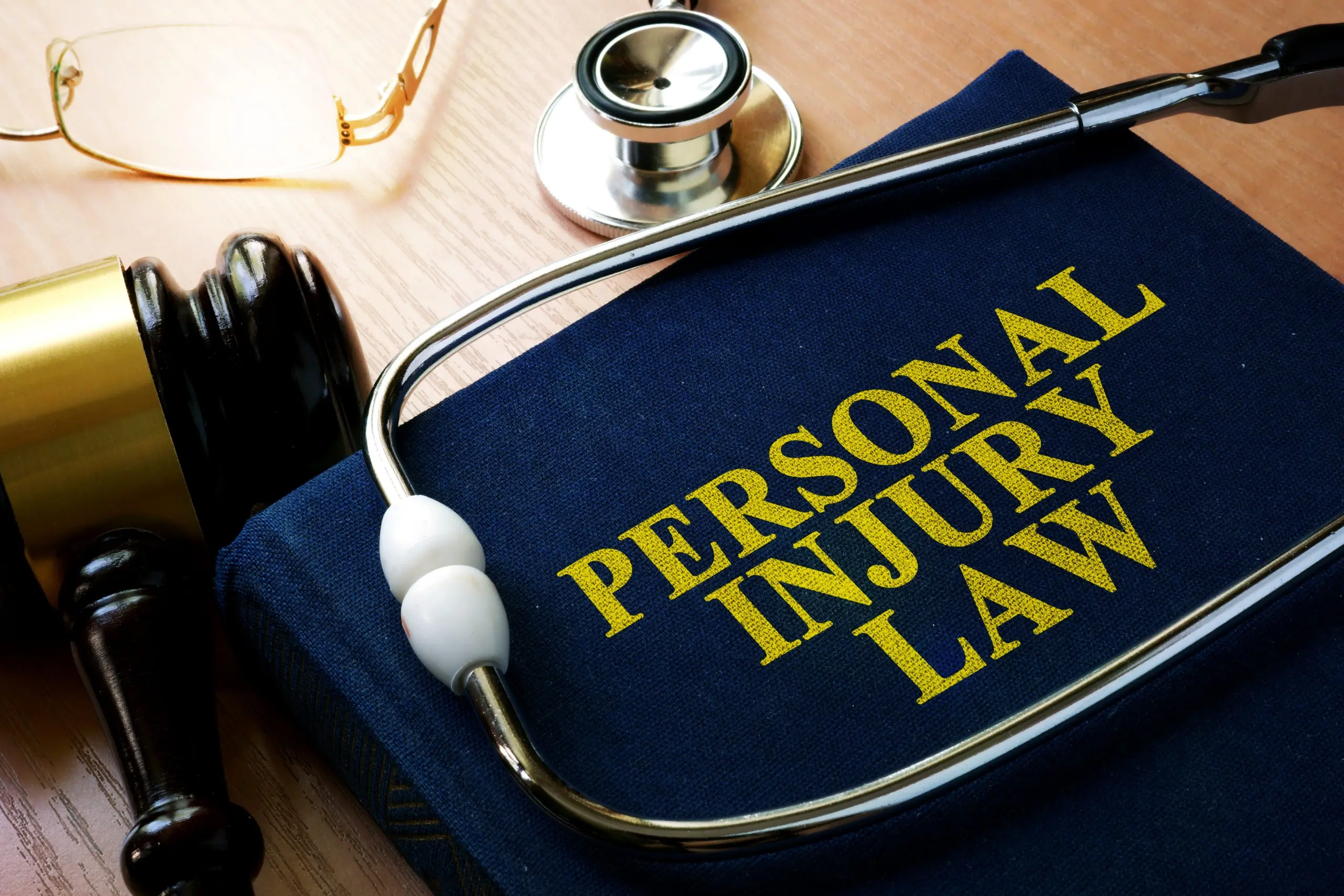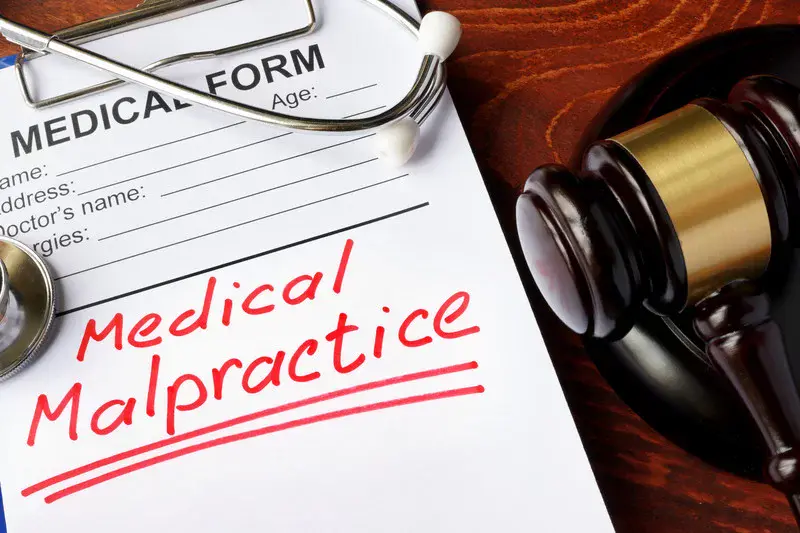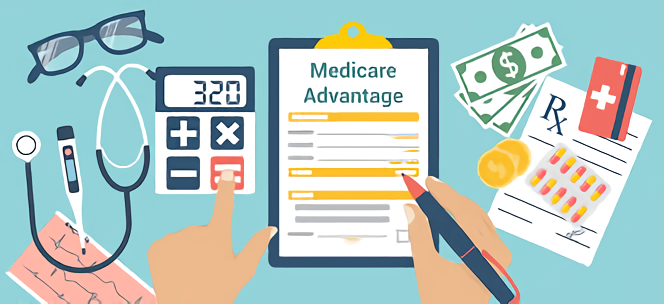
Why You Need a Personal Injury Attorney
A personal injury attorney specializes in cases involving accidents, injuries, or harm caused by negligence or intentional actions. The right attorney can help you:
- Negotiate settlements with insurance companies
- Ensure your rights are protected throughout the legal process
- Maximize your compensation for medical bills, lost wages, and emotional distress
Having a skilled attorney by your side can increase your chances of receiving a fair and timely settlement or judgment.
Steps to Find a Good Personal Injury Attorney
Finding a good personal injury lawyer involves several key steps. Below are the best practices to help you make an informed decision:
1. Look for Specialized Experience
Not all attorneys are created equal. For personal injury cases, you want to choose someone with experience in personal injury law. Here’s why:
| Type of Attorney | Specialization | Pros |
|---|---|---|
| Personal Injury Lawyer | Car accidents, medical malpractice, slip-and-fall accidents | In-depth knowledge of personal injury law |
| General Practitioner | Various areas of law | Less specialized expertise |
A personal injury attorney will have a deep understanding of how to navigate personal injury cases, while a general lawyer may not have the required expertise.
2. Check for Reputation and Reviews
Before making a final decision, research potential attorneys online. Look for reviews and testimonials from past clients, and check their rating on trusted review platforms. Consider these points:
- Client reviews: Positive feedback indicates reliability and success in similar cases.
- Peer recognition: Check for awards or recognition by professional organizations, such as the American Association for Justice (AAJ).
3. Assess the Attorney’s Track Record
A successful track record is one of the best indicators of an effective personal injury lawyer. Pay attention to the following:
- Past case results: Has the attorney won similar cases with favorable outcomes?
- Trial experience: Although most personal injury cases settle out of court, having an attorney with trial experience is crucial in case the case goes to trial.
4. Schedule a Free Consultation
Many personal injury attorneys offer free consultations. Use this opportunity to meet with the attorney and assess their communication style, knowledge, and approach to your case. During the consultation, ask about:
- Fees: Ensure they work on a contingency fee basis, meaning they only get paid if you win the case.
- Case strategy: Discuss how they plan to approach your case and whether they have the resources to handle it.
5. Evaluate Communication and Comfort Level
Throughout your legal journey, clear and prompt communication is essential. Ensure that the attorney listens to your concerns and responds to your inquiries in a timely manner. You should feel comfortable and confident in your attorney’s ability to represent your best interests.
6. Consider the Legal Team’s Resources
A well-established personal injury law firm will have access to the necessary resources to handle complex cases, including expert witnesses, accident reconstruction specialists, and medical professionals. Proper resources can strengthen your case and improve your chances of success.
Key Qualities of a Good Personal Injury Attorney
When searching for a personal injury attorney, look for these key qualities:
- Expertise: A lawyer with a deep understanding of personal injury law and your specific type of injury.
- Reputation: A well-regarded professional with positive reviews and successful case outcomes.
- Communication skills: Clear, responsive, and attentive communication throughout the case.
- Contingency fee structure: A fee structure that ensures the lawyer only gets paid if you win your case.
- Personal attention: A lawyer who provides dedicated attention to your case, ensuring it doesn’t get lost among other clients.
Red Flags to Avoid When Choosing an Attorney
While searching for the best attorney, be cautious of the following red flags:
- Lack of specialization: Avoid attorneys who don’t specialize in personal injury law.
- Exorbitant fees: Beware of firms that charge high upfront fees or take a large portion of the settlement.
- Poor communication: If an attorney does not return calls or emails promptly, it’s a sign they may not be the right fit.
- No track record: Be wary of attorneys without proven results or testimonials from previous clients.
Conclusion
Finding the right personal injury attorney is essential for ensuring that you receive the maximum compensation for your injuries. By following the steps outlined in this guide, including checking for experience, reputation, and trial success, you can make an informed choice. Don’t hesitate to reach out to multiple attorneys and schedule consultations to find the best match for your case.






